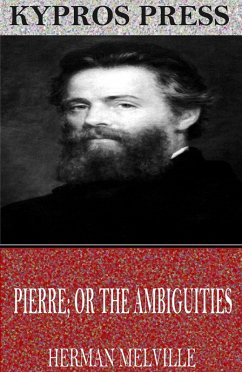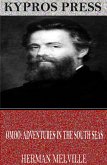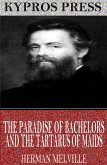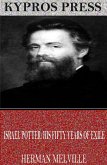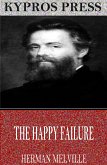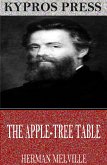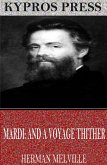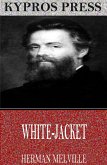Herman Melville was one of the greatest writers during the American Renaissance. Melville's unique style helped produce classics in many different genres. This edition of Pierre; or The Ambiguities includes a table of contents.
Dieser Download kann aus rechtlichen Gründen nur mit Rechnungsadresse in A, B, BG, CY, CZ, D, DK, EW, E, FIN, F, GR, H, IRL, I, LT, L, LR, M, NL, PL, P, R, S, SLO, SK ausgeliefert werden.

